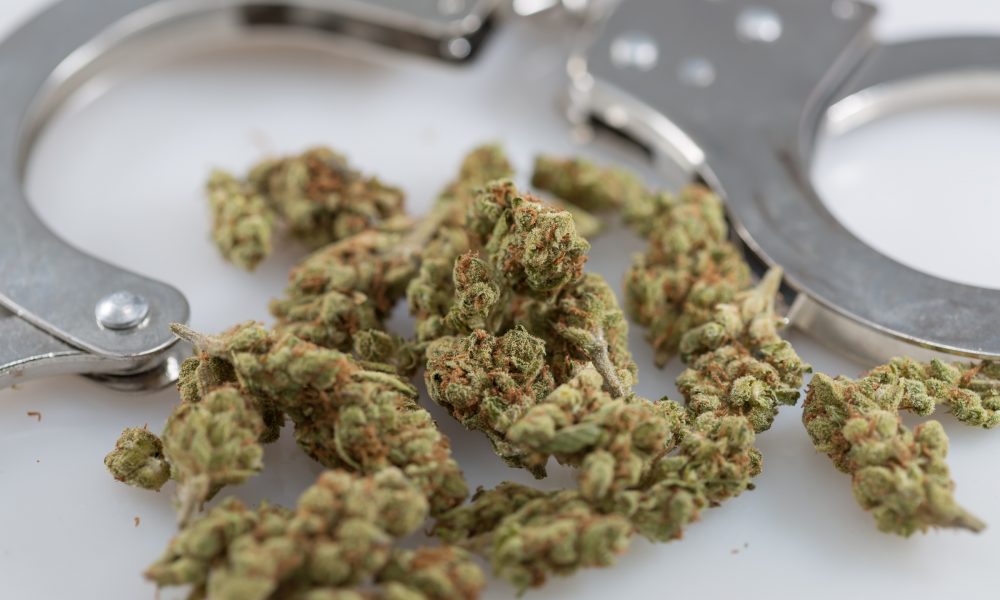Rhode Island’s top judicial official has released new guidance on expunging marijuana records under a legalization law that was enacted last year.
State Supreme Court Chief Justice Paul Suttell issued an executive order on Friday that lays out the policies and procedures for identifying and clearing the records of people with prior misdemeanor and felony cannabis possession offenses.
The legalization law’s expungement provisions recognize “the significant negative impact upon individuals previously convicted or civilly violated for low level, non-violent offenses for possession of marijuana,” the order says.
The Superior and District Courts and the Traffic Tribunal will be responsible for identifying eligible cases and processing them to clear the records, which the state previously estimated will impact about 27,000 people with only cannabis convictions and thousands more where a marijuana offense is part of their record.
“If the Superior and District Courts determine a criminal record is to be expunged, the Presiding Justice of the Superior Court and the Chief Judge of the District Court shall enter appropriate orders expunging the record of conviction and order all reference to the conviction be removed from public inspection,” the order says. “Said orders shall be sealed following entry.”
Before processing the expungements, courts would be required to submit cases to state attorney general’s office for review. Relevant civil expungement actions would need to be transmitted to the Rhode Island Division of Motor Vehicles.
Convictions for singular marijuana possession offenses would need to be expunged within three months of being identified. For more complex cases involving other charges, the deadline for expungement would be July 1, 2024.
People may also submit requests to the court for expedited expungements. Fees would be waived for those who make the request, and they would need to be processed within five business days.
“Hundreds of thousands of Americans unduly carry the burden and stigma of a past conviction for behavior that most Americans, and a growing number of states, no longer consider to be a crime,” NORML Deputy Director Paul Armentano said on Monday. “Our sense of justice and our principles of fairness demand that public officials and the courts move swiftly to right the past wrongs of cannabis prohibition and criminalization.”
—
Marijuana Moment is tracking hundreds of cannabis, psychedelics and drug policy bills in state legislatures and Congress this year. Patreon supporters pledging at least $25/month get access to our interactive maps, charts and hearing calendar so they don’t miss any developments.![]()
Learn more about our marijuana bill tracker and become a supporter on Patreon to get access.
—
Multiple states and territories have worked to provide relief for those with prior marijuana convictions in recent years.
Recently, the governor of the U.S. Virgin Islands (USVI) signed a pair of bills to legalize marijuana and facilitate cannabis expungements in the territory.
The governor of Ohio also signed a major criminal justice reform bill that will let cities facilitate mass expungements for people with certain drug-related convictions, including marijuana possession of up to 200 grams.
Washington, D.C. lawmakers approved a criminal justice reform bill last month that contains a newly added amendment to automatically expunge marijuana possession records for offenses that took place before the District enacted a limited cannabis legalization law in 2014.
A recent report from NORML found that state government officials have provided nearly 2 million pardons and expungements to people with low-level marijuana convictions over recent years.
Recent clemency actions also follow a mass marijuana pardon that President Joe Biden issued for people who’ve committed federal possession offenses in October. He also called on governors to follow suit with state-level relief.
White House Defers To Congress On Marijuana Banking Reform
Read the full article here

